Inspiration often strikes in the unlikeliest of places, and in the case of the Beatles’ 1966 track “Tomorrow Never Knows,” that could include a tense bookstore exchange that required a mediator to soothe. (Because if John Lennon was anything, he was a man who didn’t hold his tongue.)
Videos by American Songwriter
Fortunately for Lennon and the unassuming bookstore clerk, a far more amiable Paul McCartney was there to ease the friction between the two men long enough for the clerk to help Lennon find what he was looking for and, in doing so, helped inspire the Revolver closer.
How Paul McCartney Saved John Lennon From A Bookstore Tiff
On April 1, 1966, John Lennon and Paul McCartney walked into Indica Gallery and Bookshop, owned by local counterculture author Barry Miles. (Miles would also go on to write Paul McCartney’s official biography, Many Years From Now, in the late 1990s.) But that day in the mid-60s, Lennon was looking for something that Miles recalled sounding like “Nitz Ga.” Eventually, Miles realized Lennon was trying to say Nietzsche, the German philosopher. Lennon, thinking that Miles was mocking him for his mispronunciation, grew angry and started to rant at the clerk.
“He launched into an attack on intellectuals and university students,” Miles recalled in Many Years From Now, “and was only mollified when Paul told him that he had not understood what John was asking for either, and that Miles was not a university graduate but had been to art college, just like him. Immediately friendly again, John talked about Allen Ginsberg and the Beats, laughing about his school magazine, The Daily Howl. Miles found him a copy of The Portable Nietzsche, and John began to scan the shelves. His eyes soon alighted upon a copy of The Psychedelic Experience, Dr. Timothy Leary’s psychedelic version of the Tibetan Book of the Dead. John was delighted.”
Settling down on a nearby settee with his new find, Lennon began flipping through Leary’s The Psychedelic Experience. In the book’s introduction, Leary writes, “Trust your divinity, trust your brain, trust your companions. Whenever in doubt, turn off your mind, relax, float downstream.” If that sounds familiar, it’s because Lennon would use that final phrase verbatim to open his song, “Tomorrow Never Knows.”
The Inspiration Behind The Beatles’ “Tomorrow Never Knows”
While most people used Dr. Timothy Leary’s The Psychedelic Experience to achieve spiritual enlightenment through the use of psychedelic drugs, John Lennon used it to write the closing track off the Beatles’ 1966 album, Revolver: “Tomorrow Never Knows.” The song helped usher in the band’s spiritual and mental reawakening, pushed along by plenty of LSD, Indian music, and transcendental meditation. These new concepts made death, the afterlife, and rebirth far more interesting than what their British and Christian upbringing could offer.
The song was a definite shift in a headier direction, but not everyone in the band was convinced Lennon really knew the message he was sending out into the world. As George Harrison put it in Anthology, “The whole point is that we are the song. The self is coming from a state of pure awareness, from the state of being. All the rest that comes about in the outward manifestation of the physical world is just clutter.”
“I am not too sure if John actually fully understood what he was saying,” Harrison continued. “He knew he was onto something when he saw those words and turned them into a song. But to have experienced what the lyrics in that song are actually about? I don’t know if he fully understood it.”
Photo by Murphy/Daily Herald/Mirrorpix via Getty Images

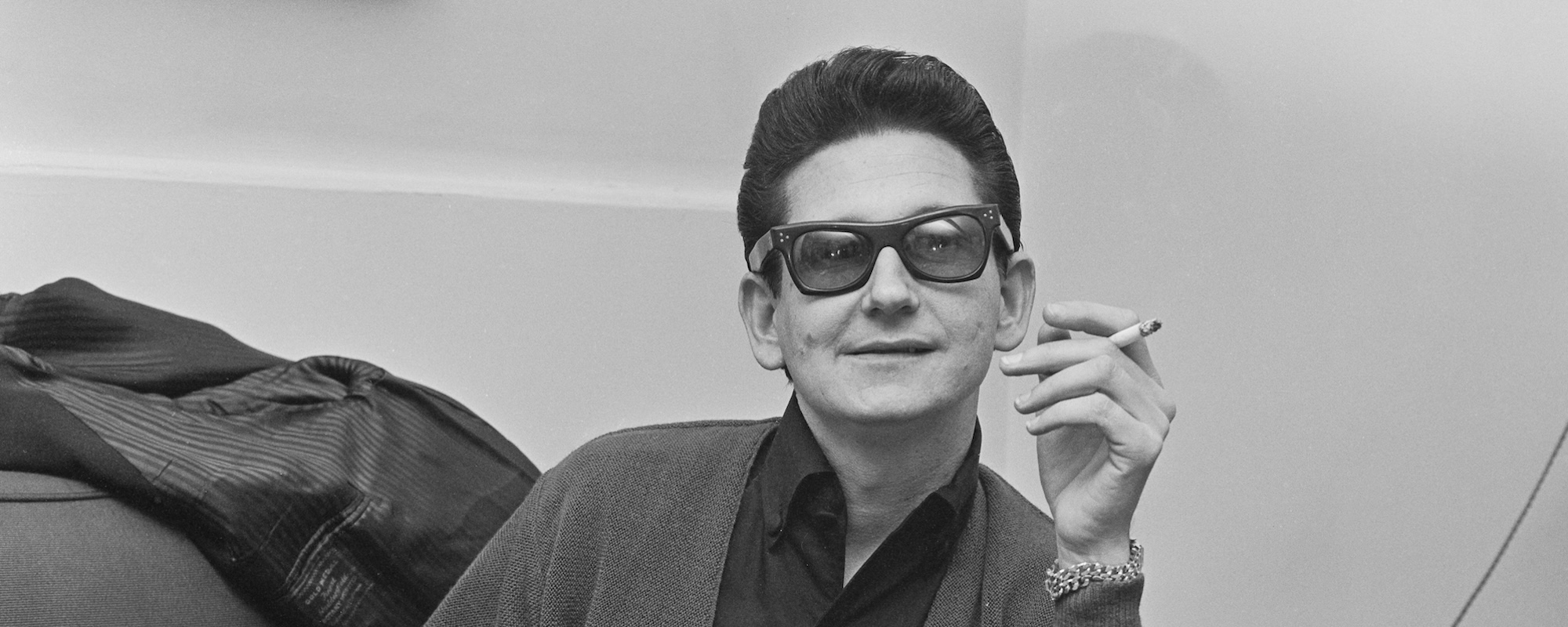
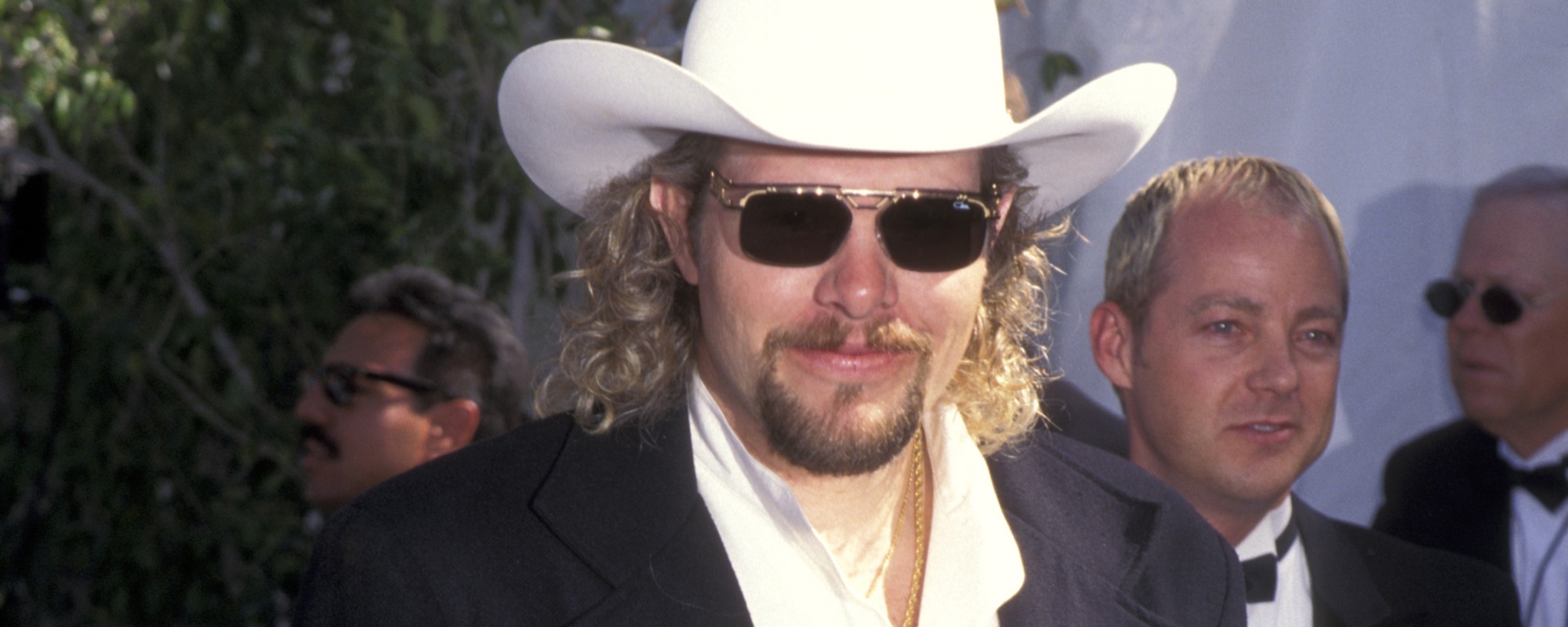
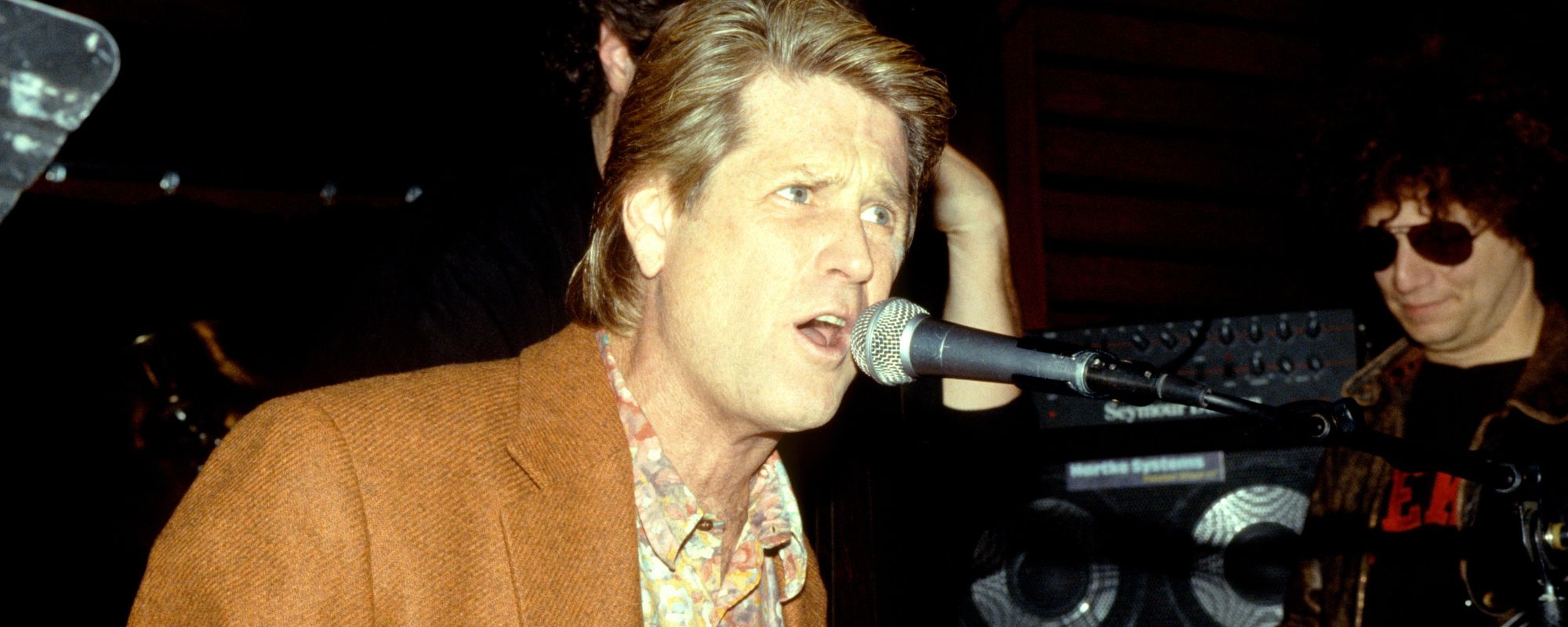
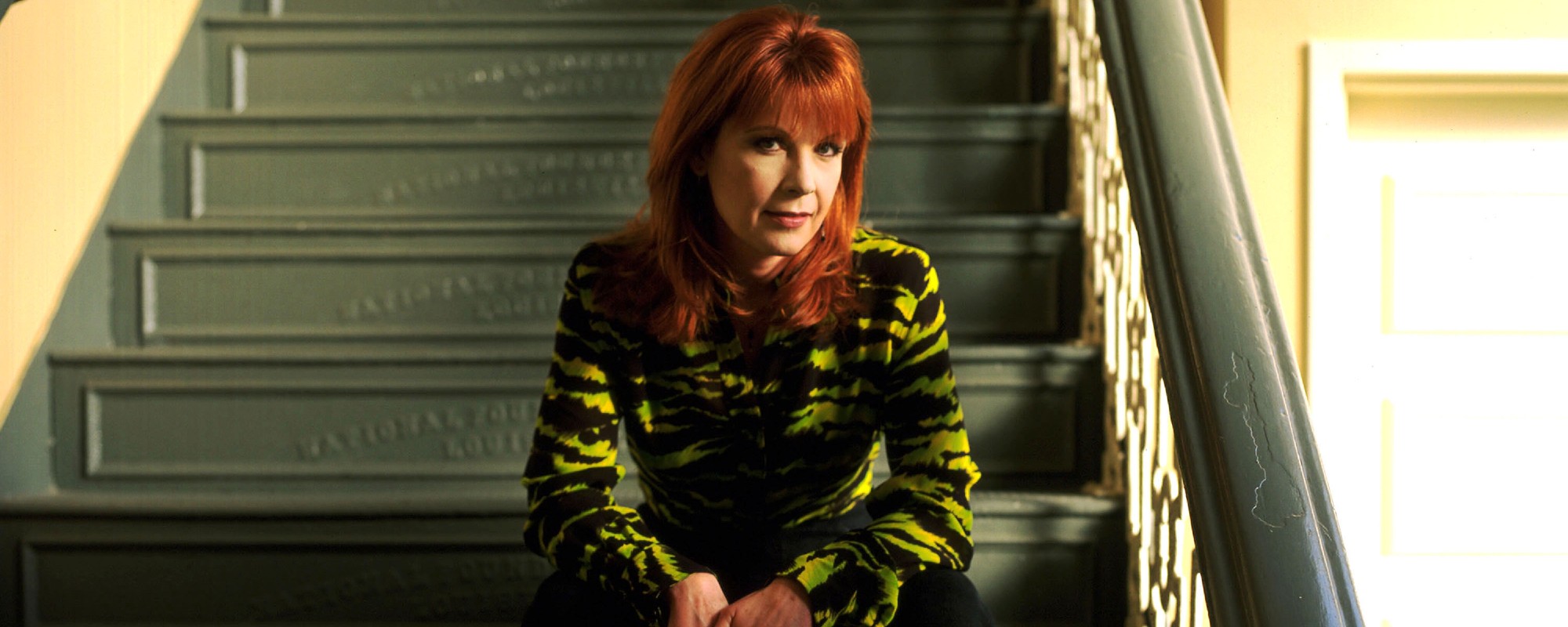
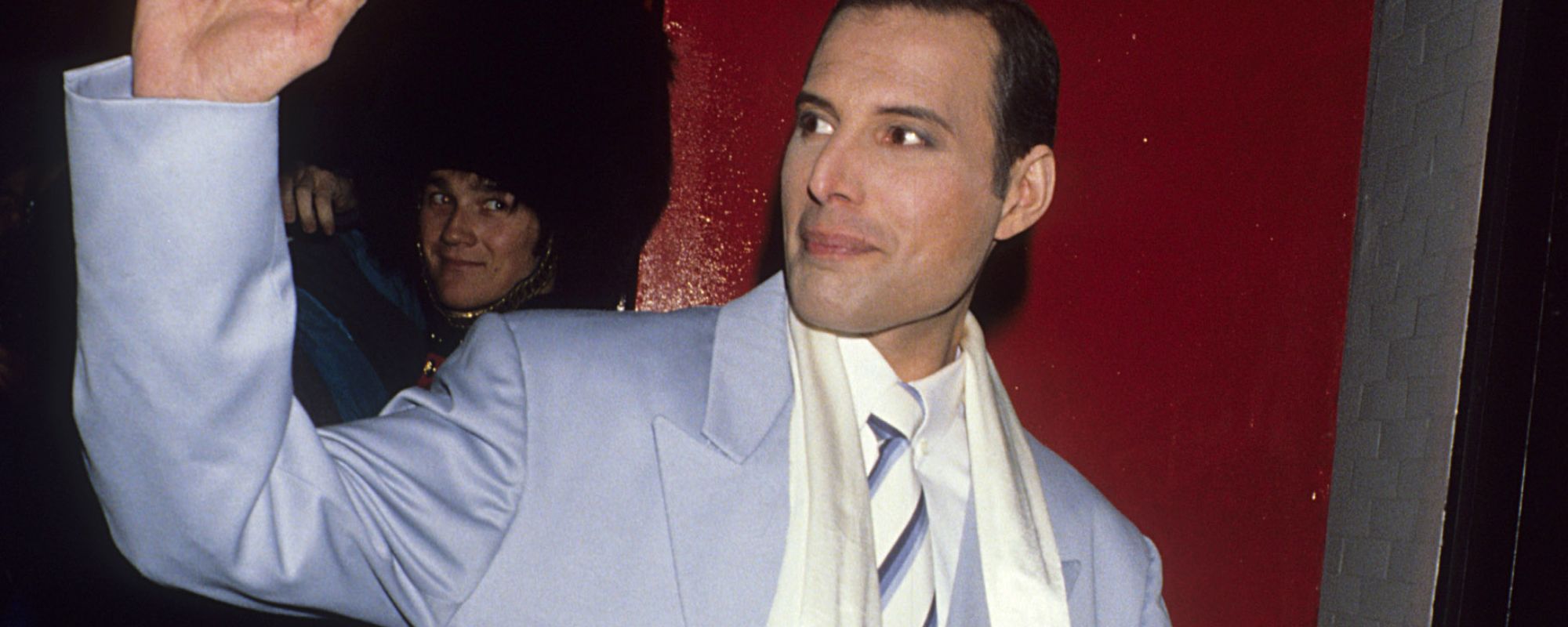

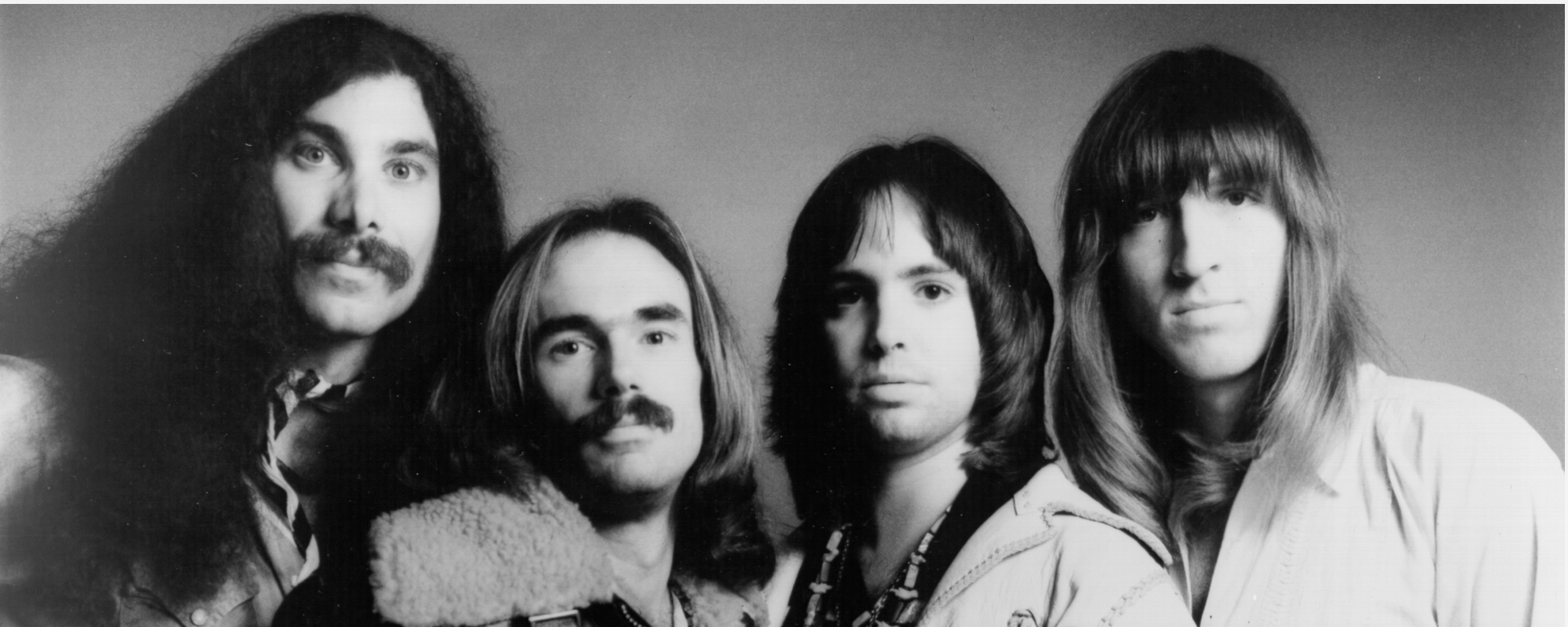
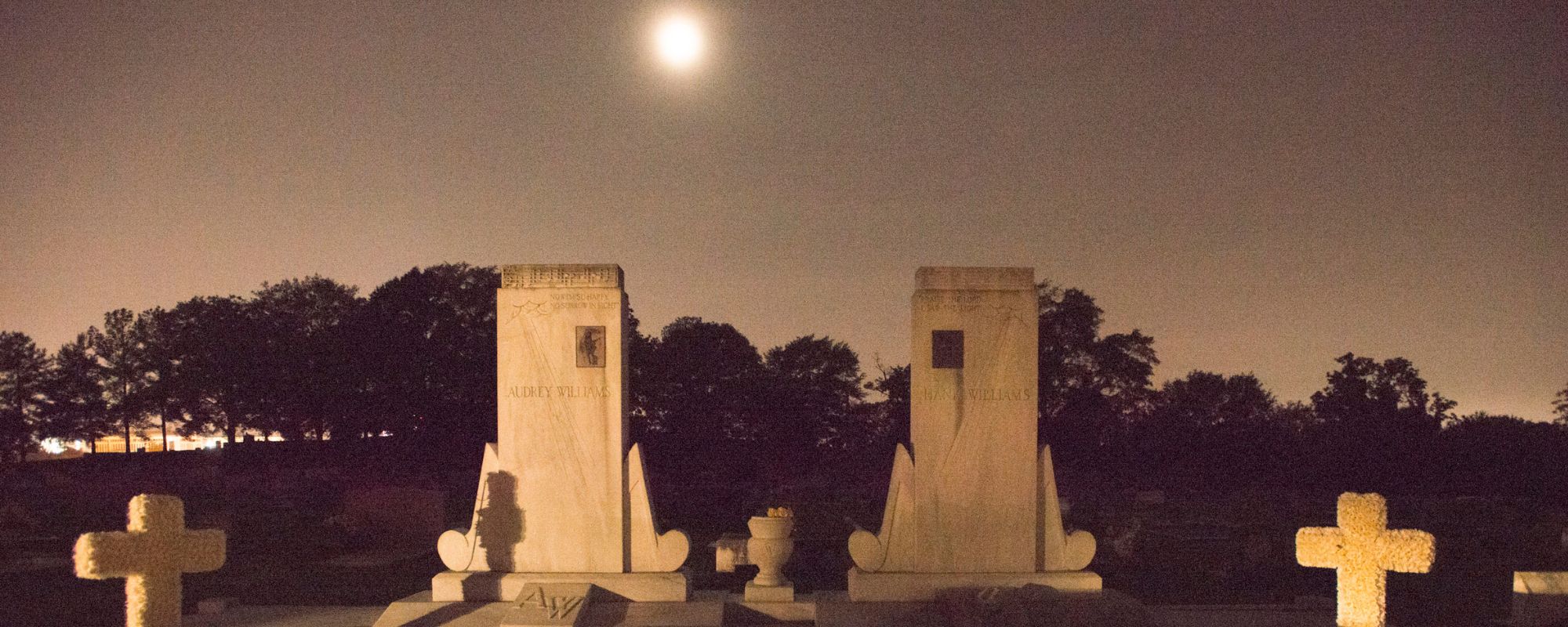
Leave a Reply
Only members can comment. Become a member. Already a member? Log in.